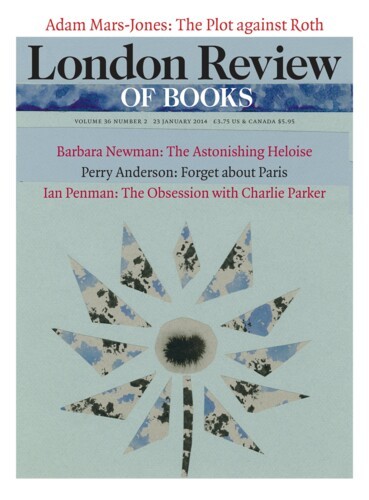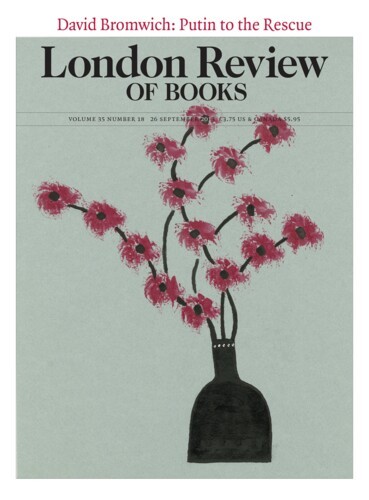Pretence for Prattle: Tea
Steven Shapin, 30 July 2015
During the four centuries of its presence in British life, tea has made the transition from the exotically novel to the domestically ordinary, from a drug with possibly potent psychoactive powers to the mere ‘cup that cheers’, from a focus of social ritual to a casually taken and often solitary drink, from control by a quasi-state monopoly to a series of branded products...





